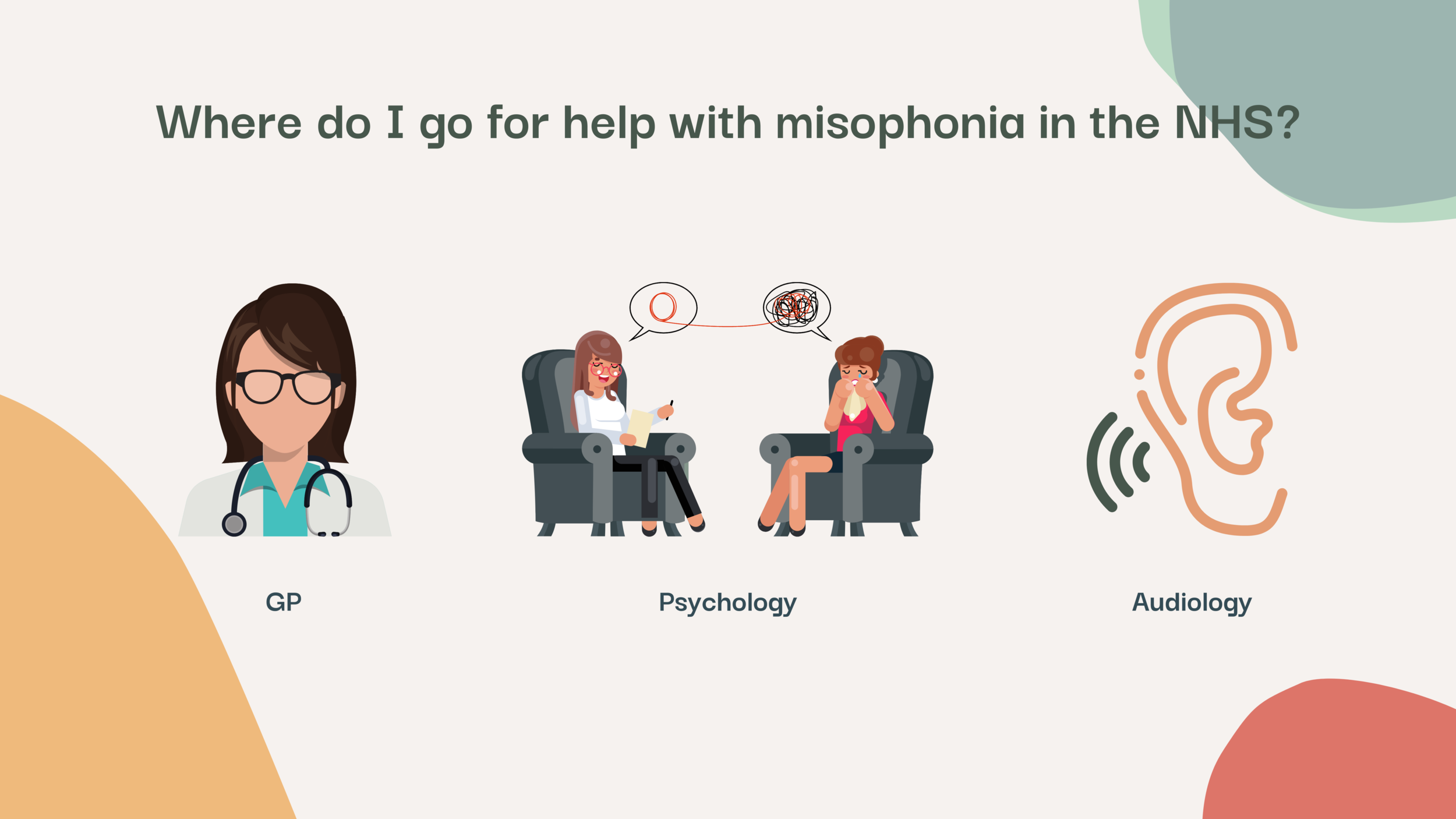What is misophonia?
An extreme or intense reaction to sounds that many people don’t notice
Can make you feel like you’re not in control of your emotions or behaviour
Often includes using strategies to deal with sounds or suffering through
Can lead to feelings of resentment towards others or shame about your reactions
Has a devastating enough impact that some experts think it should be classified as a disorder
Do you find some sounds impossible to ignore? Can you think of sounds that make you feel on edge or anxious? Do some sounds make you angry? How about sounds that are so disgusting you can’t bear to be around them?
For people with misophonia, these kinds of reactions can happen with everyday sounds that most people barely notice, like eating, breathing, loud footsteps and rustling chip packets. At the more severe end of the spectrum, they can experience a fight or flight type reaction. Sometimes both: fight on the inside, flight on the outside.
If flight is not possible, the reaction can spiral, leading to feeling trapped and like they might explode. That might mean a panic attack, snapping and saying something they regret (or don’t), or feeling like they might burst into tears or lose their mind.
What is misokinesia?
Similar to misophonia, misokinesia involves a negative reaction to repetitive visuals, often things that other people do, like tapping their fingers, playing with hair or beard, or jiggling their leg. Once you’ve noticed the movement, it can feel almost impossible to ignore. Some people get an instant feeling of anger, disgust or angst in response to these visuals, and for other people it builds slowly the longer they can see the movement.
Doesn’t everyone hate the sound of other people eating?
Most people can relate to feeling disgusted listening to a particularly noisy, open-mouthed eating session. In fact, 85% of people in a UK general population survey said they had a negative emotional response to the sound of loud chewing. Many of them said they felt irritated or disgusted when they heard those sounds. They might screw up their nose when they hear it, but can generally tolerate the sounds if they have to.
Nearly one in five people in the UK and one in six in the US have a stronger reaction to these sounds, where it bothers them even at lower volumes and feels impossible to ignore. They might feel angry and trapped when they hear these sounds, might ask someone to close their mouth, grit their teeth to get through a meal, or even leave the room or change seats.
For a smaller proportion of people with misophonia, these kinds of sounds can have a devastating impact on their lives. They might leave a relationship or move house because of it. They might plan their day around what sounds they expect to hear, waiting on edge for sounds they know might be coming, avoid or escape sounds, argue with their loved ones and feel guilty or embarrassed about their reactions. Because of the extreme impact sounds can have on some people’s lives, a panel of experts recently proposed that misophonia should be considered a disorder.
Does any of this sound familiar? If you, your loved ones or your clients are experiencing something that sounds like misophonia, have a look around. There’s still a lot to learn. I’ll keep you posted.






